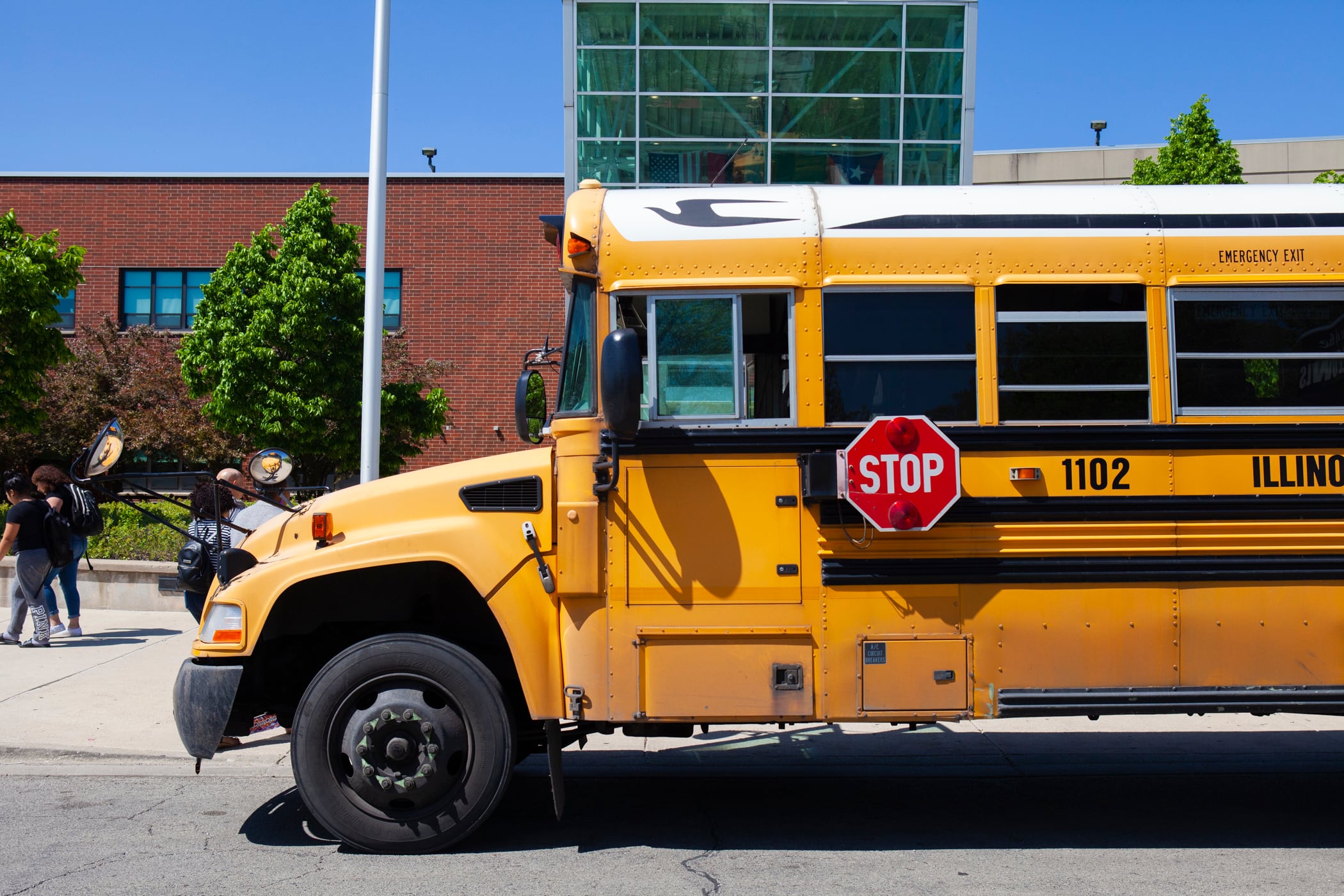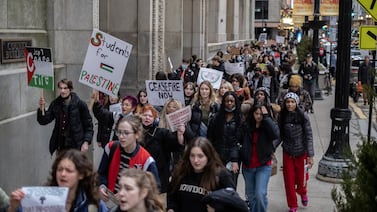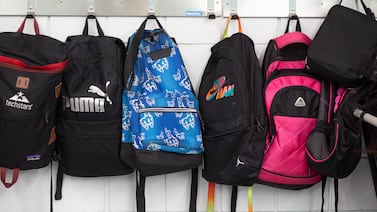When the coronavirus pandemic ground in-person learning to a halt in Chicago, it also shuttered the springtime election process for Chicago’s unique school governance system.
Now the process is starting up again with the hope that this year’s election will see more energy and transparency than in years past.
But the district’s silence on how elections will be conducted and confusion about dates and deadlines threaten the goals of increasing community and parent participation in Local School Councils, say worried council members.
After a delay, the elections are now scheduled for Nov. 18 and Nov. 19. Virtual ballot lotteries and candidate forums are popping up at public schools citywide, with more than 500 of the city’s 640 campuses expected to stage elections for the representative bodies.
Under the shadow of COVID-19, and with no sense of whether school buildings will reopen in November as originally planned, even the basic question about how ballots will be cast is still up in the air. Last week, the district’s school council office told school leaders elections could include some form of mailed ballots, which would be a first-of-its kind undertaking. This week, the district said it’s still revisiting multiple voting options.
In the vacuum, local councils are trying to drum up support and engagement through their virtual campaign process, even as they can’t answer how voting will happen.
Keiana Barrett, a parent representative at Kenwood Community Academy, said she worries schools won’t have enough time to inform stakeholders, and it could hurt participation from possible voters that aren’t already plugged into the school.
“I would really hope that there would be a full-court press on how to effectively and safely administer the election during report card pick up,” said Barrett, who joined the council nine months ago to fill a vacant position.
She knows the complicated nature of council elections well: She previously served as the director of strategy for Chicago Public Schools’ office of family and community engagement, which oversaw school councils.
In recent years, councils have struggled to maintain participation. This year, with a virtual process and coming on the heels of high-profile school police votes taken by councils over the summer, council members were hopeful they’d see a jump in participation. But, with about six weeks until the election, they say the confused messaging makes their job harder.
Tim Lacy, council chair at Swift Elementary in Edgewater, said he wants the district to clarify when and how voters must submit ballots, with clear deadlines for submitting additional paperwork. “The voting procedure needs to be communicated as soon as possible,” said Lacy.
Swift has a large population of refugee families, and Lacy worries that being involved in the school council will take a backseat for families already struggling with housing and financial uncertainty.
“CPS’s kind-of improvisation is a little bit troubling. I feel terrible for those who are wanting to get involved in an LSC for the first time,” he said.
Local School Councils have seats for 13 members, including parents, community members, teacher representatives, the school principal and, in high schools, a student. They must have seven members to make a quorum, allowing them to meet.
Parents and community members will be able to vote for five candidates to fill one of eight positions on the council, while school staff will be able to vote for two staff candidates.
Typically, anyone interested in voting in a school council election would visit a school and cast a paper ballot in person. Any Chicago resident can vote in elections for multiple schools if they live within those boundaries.
This year, the election is closely tied to the uncertain question of whether schools will reopen next month. Less than a month out from the Nov. 9 date set for a possible return to in-person schooling, district officials have not signaled whether Chicago schools will remain remote or transition to a hybrid learning model.
That also might push the district to adopt a more centralized approach to school councils, one at odds with the previous dynamic, as the school police votes this summer threw into stark relief, where the responsibility for administering council procedure fell on the individual groups.
If school is open and record card pick up happens in person, voters may be able to cast their ballots in schools. But it’s also possible the district will have to develop some alternate system for students, teachers, parents, and community members to vote this fall.
That could include mail-in ballots, but the process will likely prove complicated: It’s not clear how many parents or community members will participate, they can vote at multiple schools, and some families might choose remote school even if hybrid learning is an option.
People who are interested in voting will also need to show two forms of identification. Parent and community members need one of those I.D.s to show that they are either a parent or live within the school boundaries.
In response to a request this week from Chalkbeat, district officials said they were “evaluating multiple options and will communicate with stakeholders as soon as a decision has been made.”
School councils are already moving forward with virtual lotteries to determine in what order candidates will appear on the ballot. They are required to hold a virtual candidate forum by Oct. 30.
But even plans for the forums have been unclear.
A district email sent last week instructed schools to hold their forums this week. Then on Monday, the deadline was extended to Oct. 30.
Barrett said the importance of school councils can’t be underestimated, as shown by the critical role they played in the debate about school police officers over the summer.
“It’s kind of that hidden treasure that is tucked away in the corner that people seldom see,” she said. “As I’m now hearing a potential vote by mail, I get trepidation...about the integrity of the process.”








